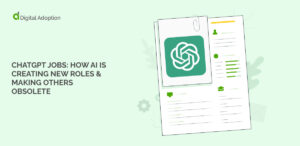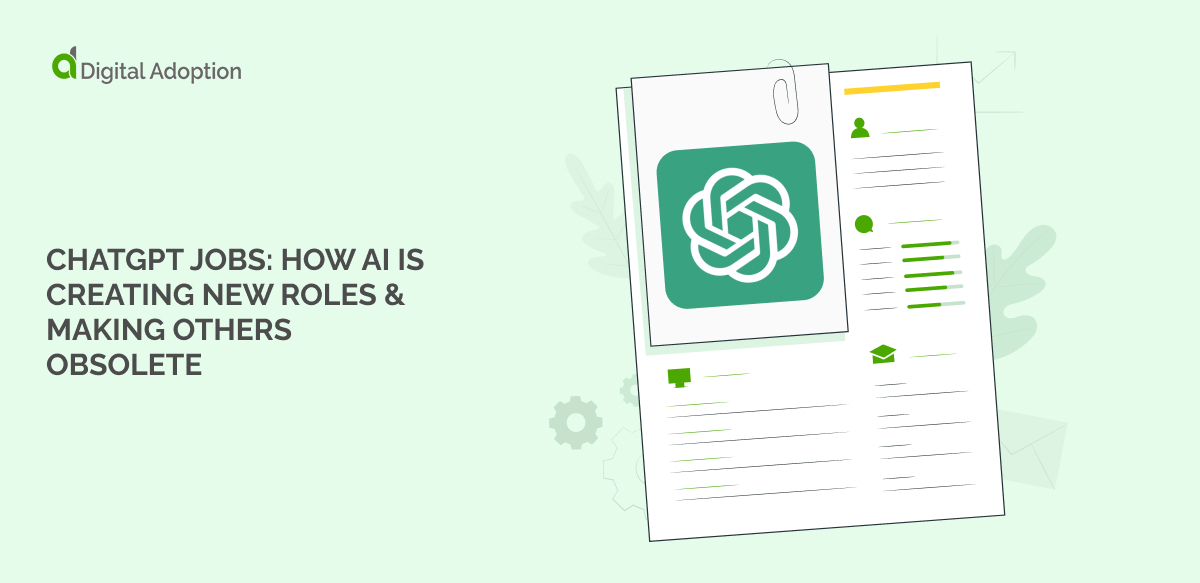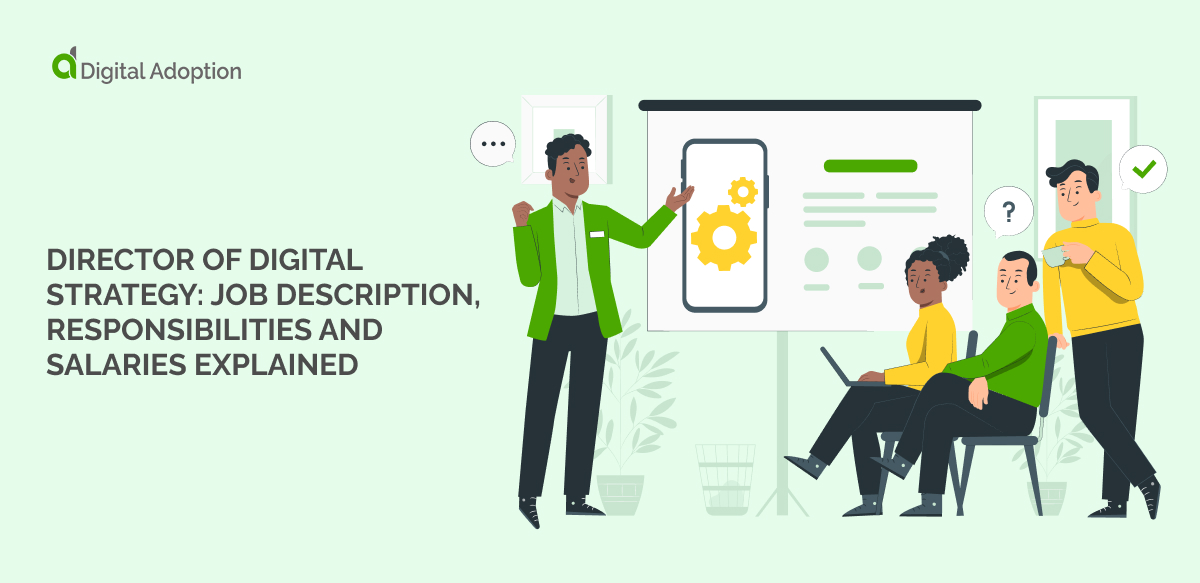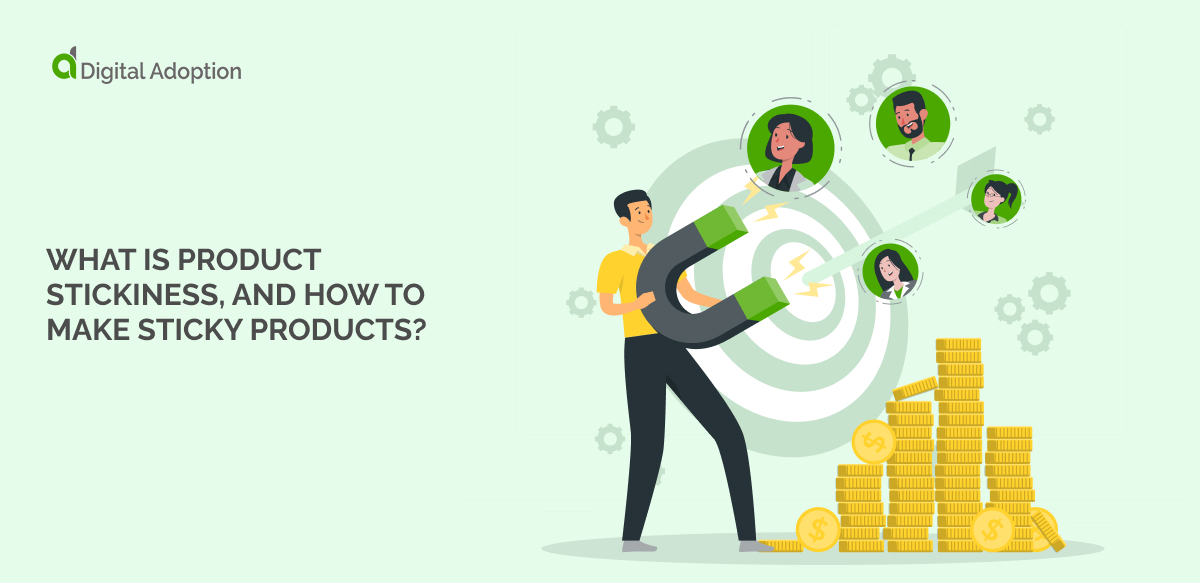A natural language processing professional, or NLP practitioner, has excellent career and salary prospects.
In this post, we’ll profile this career, learn what NLP is, how much money you can make as an NLP practitioner, the future outlook for this job role, and more.
What Is Natural Language Processing (NLP)?
Natural language processing (NLP) is a field within artificial intelligence (AI) that focuses on using machines to process human language.
NLP applications perform tasks such as:
- Analyzing the grammar of text
- Extracting concepts and topics from text
- Assessing the positive or negative sentiment of text
- Summarizing text
These types of functions, in turn, are used for apps such as:
- Chatbots
- Voice user interfaces
- Translator apps
- Writing AI
As we’ll see below, this type of field will only become more in-demand in the years ahead, making it an attractive option for anyone interested in data science, AI, and programming.
What Does an NLP Practitioner Do?
NLP practitioners are data science specialists and programmers.
Common job tasks often include the same types of activities found in other data science, programming, and AI-related fields.
These can include:
- Cleaning and managing large amounts of data
- Applying machine learning (ML) algorithms to processing data
- Using various toolkits and libraries that are popular within ML/NLP
- Developing algorithms, software, and language models
- Perform research related to NLP and language modeling
Every job role will be different, of course, and the tasks of any given role will depend on its purpose.
Researchers, for instance, will focus on exploring new methods and techniques within NLP. Programmers will focus on software development. Some roles will be a combination of the two.
Job Skills and Requirements Needed for a Career in NLP
NLP careers require top-notch programming skills, data science skills, specialized knowledge of NLP itself, and often strong mathematics skills. Since it is such a specialized field, those interested in NLP will often need to spend a number of years studying and using NLP in a job setting.
Here are a few examples of the types of skills and experience often required for roles in this field.
- A degree in computer science, data science, or a related field
- Experience working with the same types of NLP techniques that will be used in the job, such as Word2Vec, NLTK, and CoreNLP
- Experience with other AI toolkits such as Pytorch and TensorFlow
- Proficiency with one or more programming languages used in AI and NLP, such as Python
- An understanding of AI techniques and concepts, such as convolutional neural networks (CNNs)
- Effective communication skills and team skills
Every role will differ in terms of its requirements. For example, more advanced roles, such as researchers, will be required to have advanced degrees, such as a Ph.D.
Salary for NLP Programmers
Salaries for NLP programmers will also significantly differ depending on the job role. In general, though, NLP practitioners can look forward to a lucrative salary, since the field is so specialized, challenging, and since technology adoption is accelerating across the globe.
Here are a few example average annual salaries for NLP specialists:
- $108,648 (PayScale)
- $136,700 (ZipRecruiter)
- $51,109 (Glassdoor)
Hired reports that NLP engineers can average as much as $175,457 per year in cities such as San Francisco, the city with the highest average salary. This is to be expected, since Silicon Valley has such a high demand for talented programmers.
Notably, each of the examples listed here uses different data sources, and each will define the NLP role differently, which explains the disparity in salary averages.
Generally, however, the salary for this role can be quite high for those with sufficient talent and experience, and even those just starting out can look forward to a comfortable income.
Future Outlook for NLP Programmers
The future of work will tilt heavily in favor of technology specialists, so the outlook for NLP specialists looks bright.
As automation, AI, and digital technology become more widespread, the number of computer science-related jobs will increase. At the same time, however, many firms predict that the labor supply will not keep up with this demand.
BCG, for example, suggests that the USA could see shortages of 6.1 million jobs in computer- and mathematics-related positions. This bodes well for anyone interested in computer science in general.
When it comes to NLP specifically, all research firms predict the same thing: the NLP market size will grow significantly.
The exact numbers vary – one firm suggests the NLP market size will triple between 2020 and 2026. Another suggests the NLP market size will quadruple between 2020 and 2026.
Regardless of the exact numbers, these forecasts clearly point towards a significant growth in this sector.
Should You Become an NLP Programmer?
The field of NLP – and any AI field, for that matter – clearly has a positive outlook and skilled NLP programmers should have no trouble finding a job. Also, NLP programmers command high salaries, making this an attractive option for anyone who wants a comfortable income.
That being said, the answer to this question should depend on other factors as well, such as whether one enjoys programming and NLP specifically.
For those that do, NLP promises to be an exciting and lucrative field.













